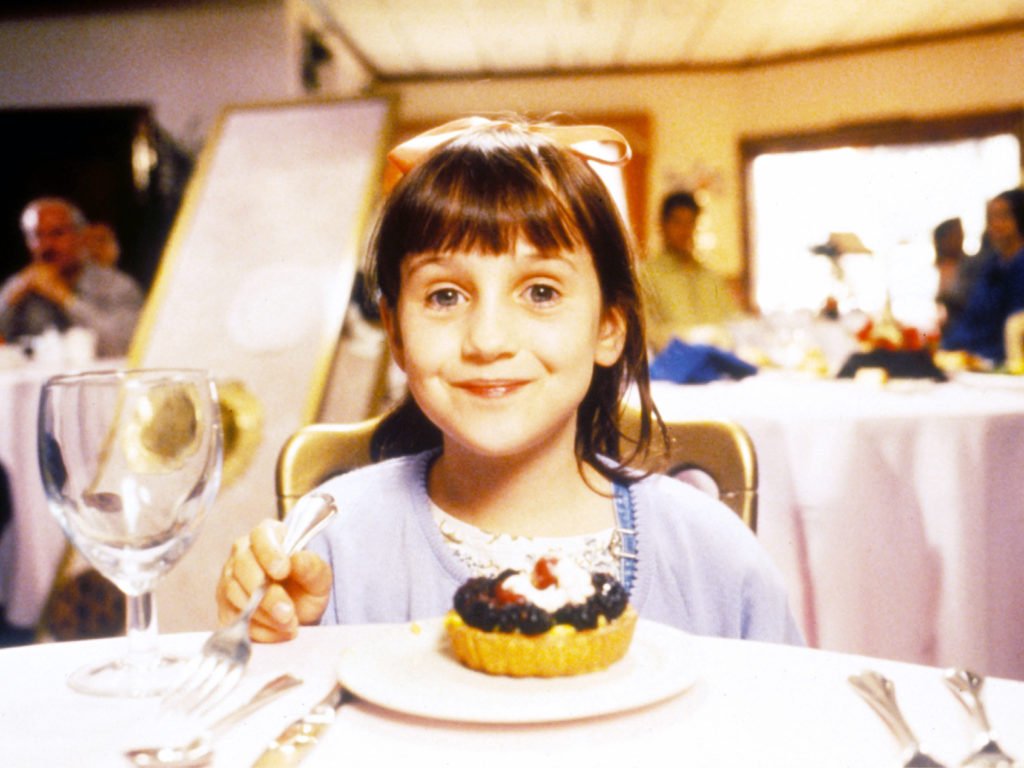
WHEN MARA WILSON was a recognizable face, Facebook wasn’t yet a thing. AOL was around, but Twitter wasn’t. Neither was Tumblr or Snapchat. While Wilson was starring in Matilda, you were probably listening to the static-y hum of a dial-up connection. She is, essentially, part of the last generation of child stars to find fame before dissecting the lives of famous people online became a sport. She’s lucky—kind of.
Wilson got to have all of her awkward phases and embarrassing moments before there was any chance they would end up on social media, but that doesn’t mean she got off easy. Near the end of her early acting days, as she reveals in her new book Where Am I Now?, she decided to search for herself on the Internet and horrifyingly landed on a foot-fetish site for child stars.
“I think the world is waking up to the idea that privacy isn’t really something that we all have anymore,” says Wilson. “And that comes as no surprise to me, and I’ve been living my life as if there were no privacy for a very long time. I know there’s nowhere to hide.”
Online Empowerment
Wilson also now uses the Internet to her benefit. She is a prominent presence on Twitter and Facebook, has a recurring role on the fiction podcast Welcome to Night Vale, and writes online frequently about everything from her anxiety and depression to what it’s like to live and work as a performer when the world remembers you as one of the kids from Mrs. Doubtfire. At 29, she’s a little bit older than fellow child stars Demi Lovato and Emma Watson, but she shares their ability to speak out on social media, while not having grown up under the scrutiny of it.
And Where Am I Now?, out this week, is nothing if not a time capsule that contrasts the ways in which young stars developed before and after the Internet and social media were widespread. There are still conventional pathways to entertainment careers—film casting, the Disney Channel machine—but there’s also YouTube, where anyone can create a channel, cultivate followers, and be exposed to the horrors of a comments section.
“If you’re an actor you have agents, managers, and hopefully a parent or guardian there too. There are people holding you accountable for your behavior,” Wilson says. “YouTube personalities really worry me, because at that age I think it’s really unhealthy for kids to have that amount of power, fame, and unrestricted access to it.”
‘The Matilda-Whore Complex’
That’s not to say that all of Wilson’s first book is about surviving celebrity in the Internet age. She writes about her time on the set of Mrs. Doubtfire, and about Robin Williams and the collective heartbreak of anyone who knew him after his suicide. She also pens a stirring letter to Matilda Wormwood, the character that defines her screen career, but uses that space to approach her mother’s death from breast cancer during production.
In a chapter framed by Wilson’s fraught relationship with the word “cute,” she describes the waning days of her Hollywood career, what kinds of people continue to receive Hollywood’s attention (Scarlett Johansson makes an appearance), and how most of her acting now consists of voiceover work (in addition to being The Faceless Old Woman on Night Vale, she also had a recurring role as Jill Pill on BoJack Horseman). And in one of the best chapters, “The Matilda-Whore Complex,” Wilson confronts separating herself from the role that will always keep her in roundups of ’90s pop culture, maintaining the magic of Matilda the character while also giving herself permission to be herself as an adult.
“I’m 29, I can say I’ve been drunk before or say that I’ve had sex before and nobody is going to be shocked,” says Wilson. “Some people might disapprove because they still think of me as a child. But those people either have very strong moral or religious beliefs, or they need to get over themselves.”
[Source:-Wired]






